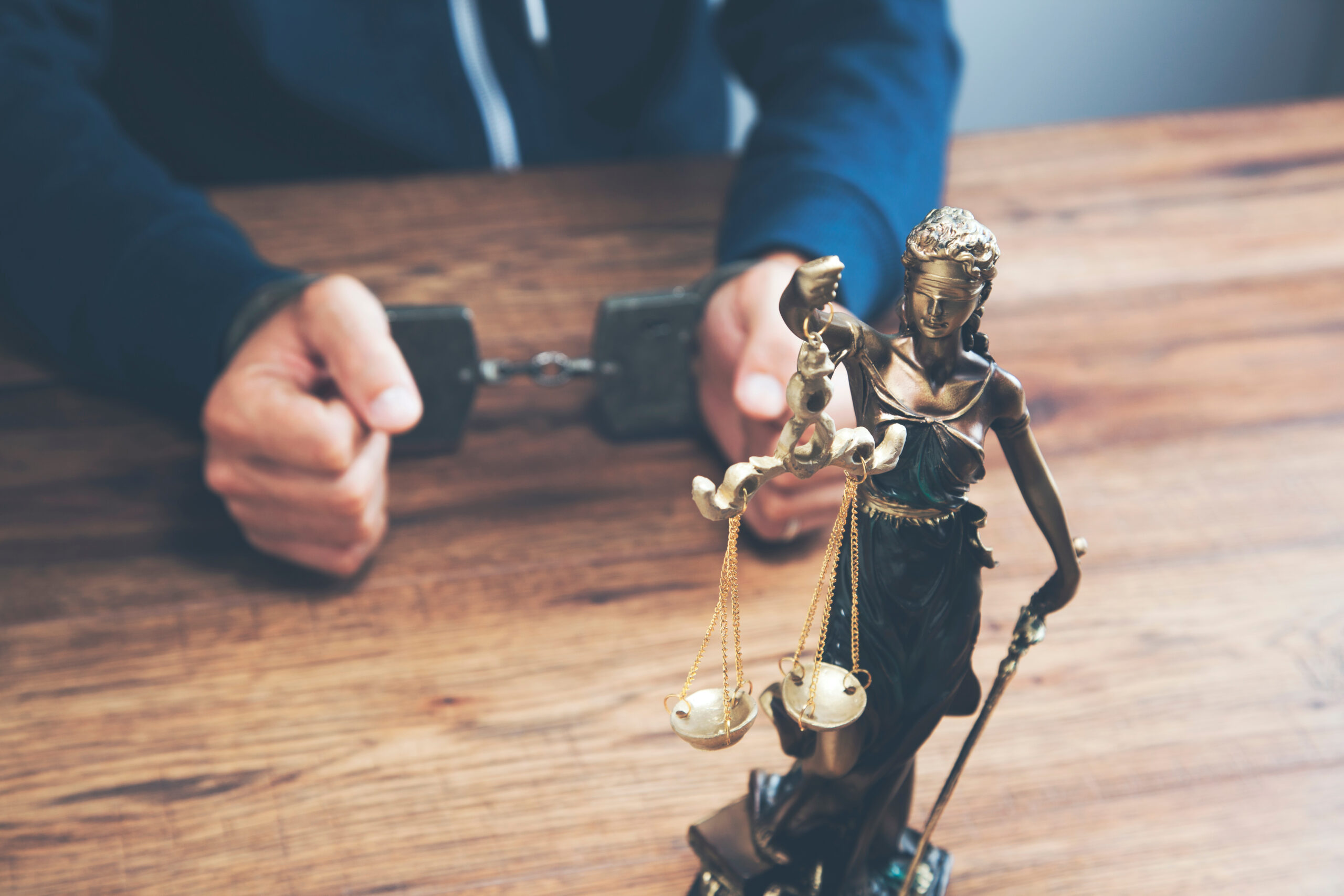While you may be familiar with the phrase “an accessory to a crime,” you may not know its precise legal implications. New Jersey law recognizes various degrees of involvement in criminal activity, and being an accessory to a crime represents one such form of indirect participation. Understanding the different ways an individual can be deemed an accessory is vital, as the ramifications can be significant. Please continue reading as we explore what you should know about these matters and the importance of connecting with a skilled Bergen County Criminal Defense Attorney.
What is Accessory to a Crime?
In New Jersey, an accessory to a crime, also known as an accomplice, is someone who aids or contributes to the commission or concealment of a crime, but is not necessarily present at the scene. Essentially, a person can be held responsible for a crime, even if they didn’t directly commit it, as long as they acted to facilitate the commission of the offense.
The definition of an accessory to a crime is enshrined in NJ Code 2C:2-6. There are typically two types: accessory before the fact and accessory after the fact. Accessory before the fact involves assisting in the planning or promotion of a crime before it happens. Accessory after the fact, on the other hand, involves assisting someone who has already committed a crime, such as concealing evidence.
It’s important to understand that New Jersey law treats those who assist in the commission of a crime as accomplices, and they can be held equally liable for the crime. The penalties are typically determined by the severity of the crime the individual aided. For instance, if a person aids in a robbery, they will face the same penalties for robbery as the individual who directly robbed the bank.
What Defenses Are Available?
If you have been arrested for being an accessory to a crime, it’s crucial to connect with an experienced criminal defense attorney who can help you explore potetnial defense strategies. One of the most common legal defenses against accessory charges is duress. If you were forced or threatened into helping, you may be able to claim this defense.
In addition to duress, if you did not know about the crime or the individual’s criminal activity, you might be able to argue that they lacked the necessary intent to be classified as an accessory. If you initially helped them but then withdrew your assistance before the crime was committed and took the necessary steps to prevent it, this may be a valid defense.
Given the potentially severe consequences of being charged as an accessory in New Jersey, it’s advisable to investigate all available legal avenues. At The Law Office of Carl Spector, we are prepared to defend your rights and interests. Connect with our firm today to learn how we can fight for you.
